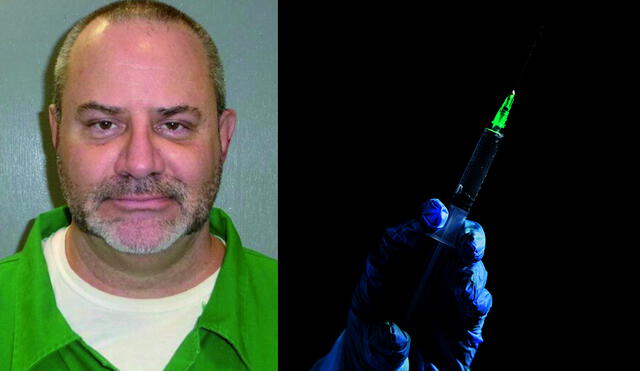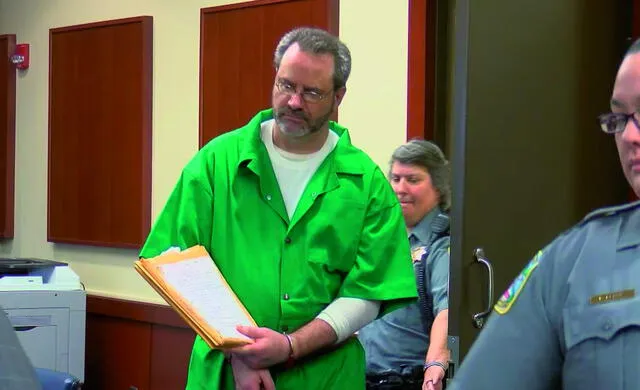South Carolina: Convicted to death for killing two people request lethal injection
Stephen Stanko was sentenced to death 2006 for two murder and chose lethal injection because of concerns about suffering

Stephen Stanko was sentenced to death in South Carolina in 2006, having been convicted of two murders. He chose the lethal injection method, because of worries about suffering and pain in the firing squad and electric chair. He was scheduled to die June 13, 2025.
His decision was based solely on images and reports of questions about the most recent firing squad executions where individuals appeared to suffer and die slow deaths; like Mikal Mahdi, who suffered for approximately 45 seconds after being shot, missing the heart.
What were Stephen Stanko's crimes like in South Carolina?
Stanko faces the death penalty conviction of two murders. According to law enforcement, in April 2006, the man wrongly shot and killed Henry Turner, his 74-year-old friend, under false pretenses of stating his father had died. The convicted felon used a pillow to muffle the gunshot, stole Turner's car and cleaned out his bank account. He then fled to Georgia and continued life attending functions and professing to own a restaurant under a different name.
Stanko was arrested when a woman he was living with seen a picture of him and called the police. On the same day Turner was murdered, he attacked and strangled his girlfriend in their house while also Sexually assaulting her teenage daughter. After the assault, he attempted to kill the girl, by slitting her throat. After that, the young girl survived and testified against the man during the trials.

Stephen Stanko appeared in Georgetown County court on Monday for a hearing in his case about the method of death. Photo: Samantha Kummerer / WMBF News
When did South Carolina start carrying out executions again by lethal injection?
In September 2024, South Carolina started executions again by lethal injection after a new law was passed that protects the identity of the drugs sources and the people in the executions team. It had been halted since 2011, because they were out of the drugs and U.S. pharmacies would not sell them without anonymity.
ABC News pointed out a troubling trend in the past three executions where the lungs of at least two had a lot of excess fluid in them which is a side effect of pentobarbital, the drug used in the execution process.













